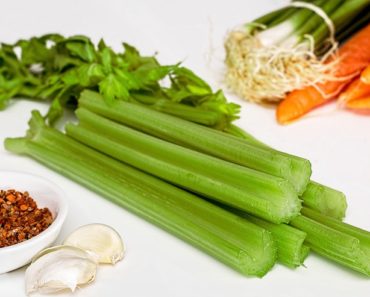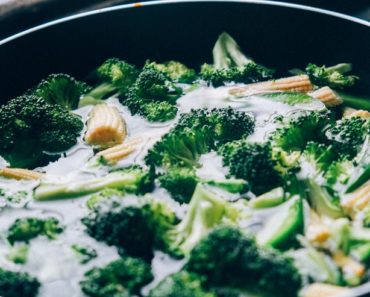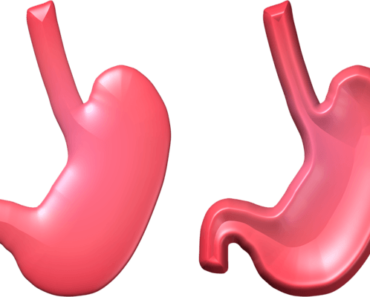
 Introduction
Introduction
Did you know that eating the wrong foods can be dangerous for your body post-surgery? If you find yourself laying in a hospital bed post-surgery, eating awful hospital food, it’s important to know the nurses aren’t doing it to be mean.
Instead, they are providing you with the best food to help with your recovery post-surgery.
Before you get your friends and family to sneak in those delicious high-fat and high-salt snacks, it’s crucial to know what food can compromise your recovery. Number four and eight may have you scratching your head…
1. Dairy Products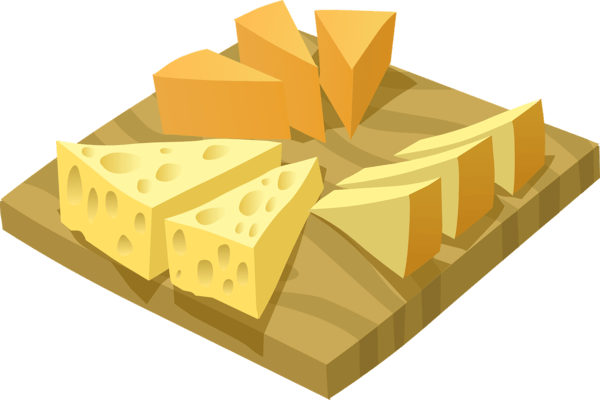
If you’ve had surgery on your stomach or surrounding area, then you should know dairy products are on the banned list.
While the thought of cheese can have you salivating, the idea of painful constipation should have you putting that wedge back.
If you eat dairy products such as cheese, you increase your chances of constipation which can put stress on your incision. What’s more, if you have a cough, the thicker phlegm caused by dairy can prove troublesome too.
2. Sugary Food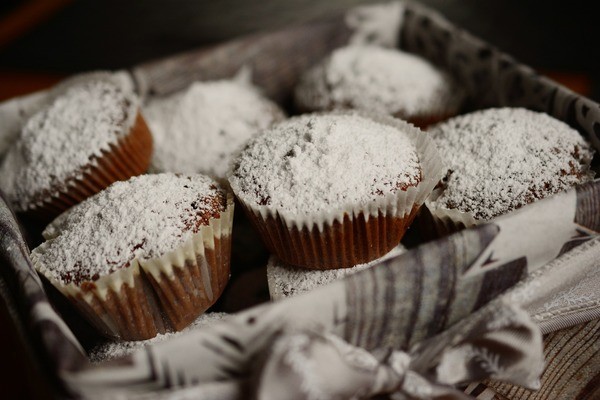
Just like dairy products, sweet food such as cake and candy are also off the menu. Even though they may look appetizing, they can cause constipation, increased pain, and stress on your wound.
What’s more, they offer very little nutritional value anyway, which means you may put your recovery on the backfoot if you’re choosing cake over carrots.
3. Dried Fruit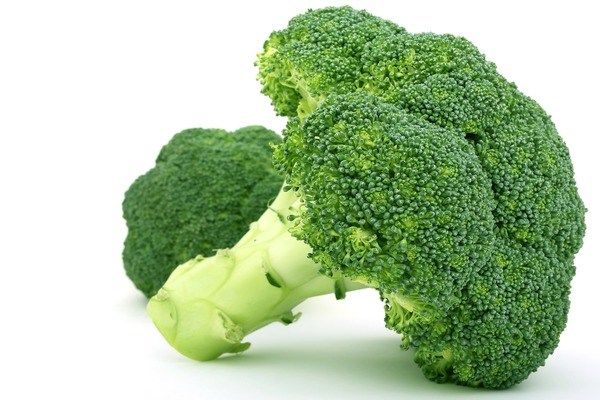
With the exception of prunes which have all kinds of unexpected benefits, dried fruits should be left off your post-surgery recovery menu.
When you’re already feeling sore and uncomfortable, dried fruits can add to that level of discomfort. Too much can cause gastrointestinal problems, weight gain which can be troublesome when you’re off your feet, as well as a sugar crash and asthma complications.
If you’re already uncomfortable, put the dried apricots down and reach for the broccoli instead.
4. Alcohol
When you have surgery, you can often be left with a scar. While you aren’t going to look like Frankenstein after straightforward surgery, you will see the wound site.
However, to give your skin the best chance of healing, don’t be celebrating your surgery success with a glass of Champagne. Instead, avoid alcohol because it can hinder your skin’s repair process.
Alcohol affects your nutrient absorption ability, as well putting the brakes on cell maintenance.
5. Coffee and Caffeine Products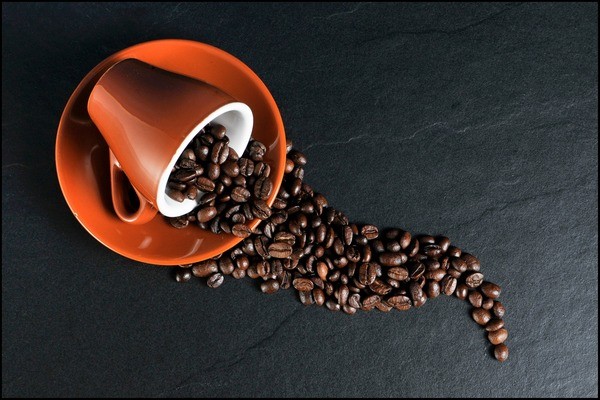
Even if caffeine is an anti-oxidant with a host of benefits, it’s less helpful post-surgery. When you drink a lot of caffeine, your body can’t absorb nutrients as easily – nutrients you need to heal quickly.
Then, your wound site can take far longer to heal than you would have liked. Instead of lapping up lattes, opt for water instead.
6. Spicy Food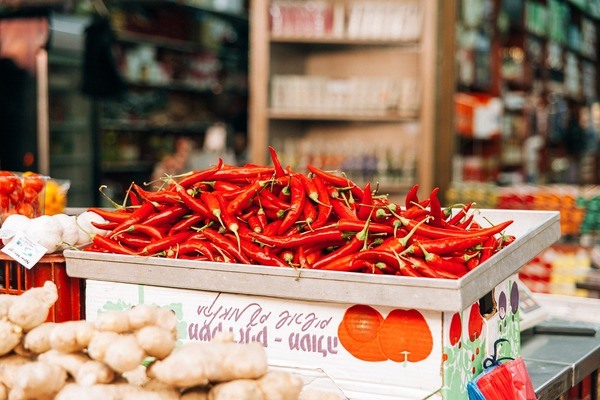
After boring and bland hospital food, you may be craving a spicy Vindaloo or your mum’s famous curry. However, you may have to wait a little longer – especially after stomach surgery.
Any kind of surgery which involves your stomach, intestines, or bladder, means you should avoid spicy food that can cause irritation, bloating and other issues.
7. High-Fat Food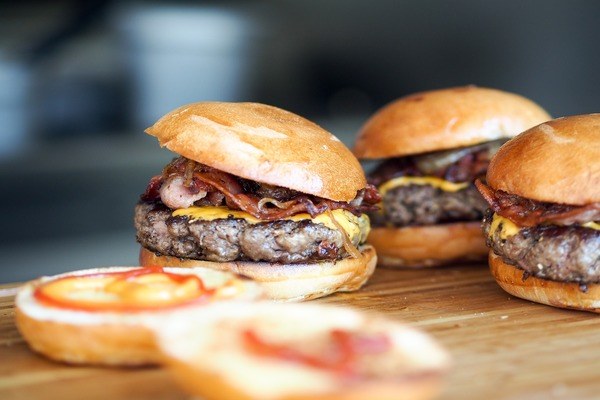
Stomach surgery can mean you’re on a diet of plain crackers, water, and not a lot else. With all that boring food, it’s not uncommon to dream about French fries and burgers.
For the first wee while, you may like to stick with those crackers. High-fat food can cause pain, diarrhea, and bloating. It’s not worth the added discomfort and risk to your wound site.
8. Red Meat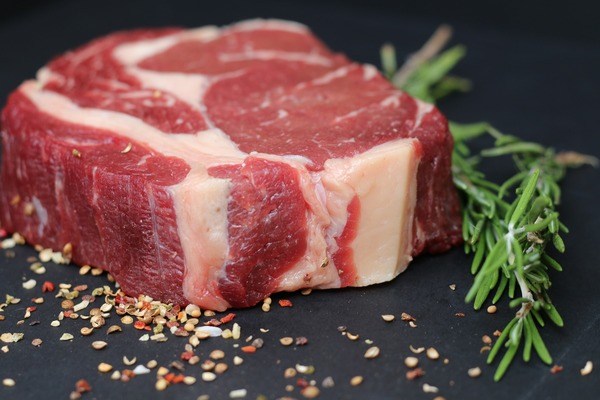
Depending on your surgery, red meat should be something you should avoid for weeks – if not months. If you had stomach surgery, the wait could be even longer.
While there’s nothing quite like a delicious steak, your health is more important. The gristle and meat fiber can cause all manner of stomach problems and constipation – adding to the pain and discomfort you already have.
9. Refined Grains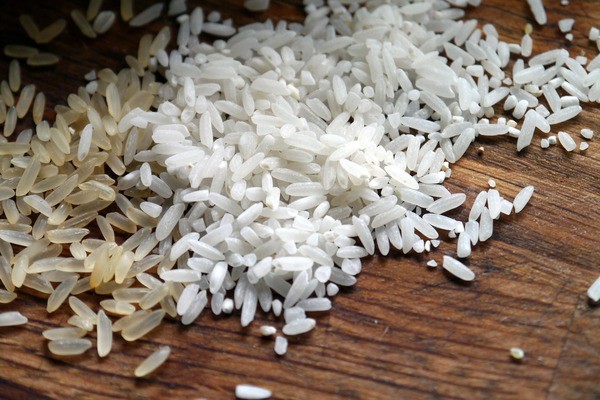
After surgery, you need all the nutrients you can get, but you need to be smart with your choices. If you are allowed whole grains, add these to your diet instead of refined grains.
Refined grains can satisfy your hunger, but they don’t add as much nutritional value. And, after surgery, you need far more nutrition than you usually would for the recovery process.
10. Energy Drinks and Soda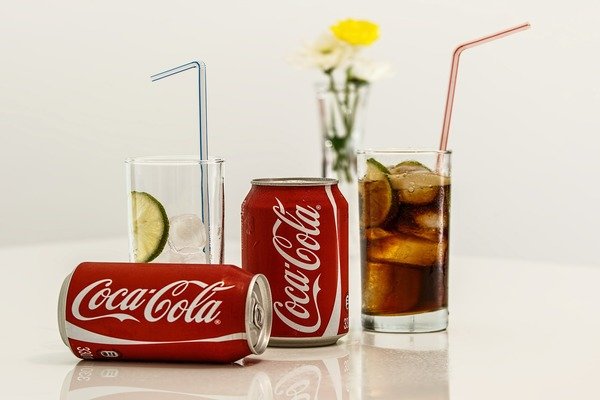
When you’re thirsty, you often reach for a soda or energy drink because it’s far tastier than water. After surgery, however, you may need to make some changes. If you aren’t drinking enough water, your body suffers as a result.
To know how much water you need to drink, take your weight and divide it in half. The number is how many ounces in one day you should be drinking.
11. Processed Food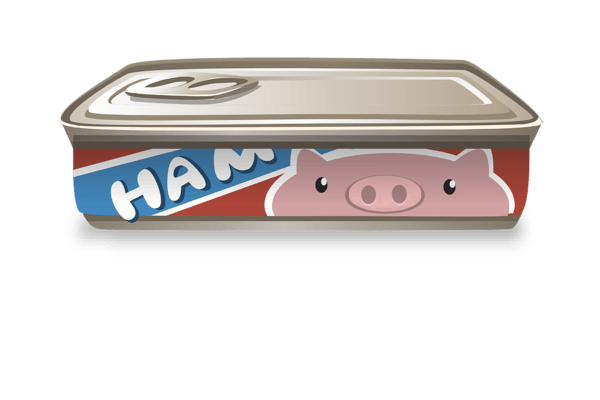
You may have noticed that a lot of the food you got in the hospital was “real” food such as broccoli, salad, and fresh fruit. Fresh fruit and vegetables are crucial for your recovery, but processed foods are not.
Processed foods are packed full of chemicals, designed for overconsumption, and can have a whole host of damaging side effects. Given your body’s already weakened state, it’s best to stick to the carrot sticks and broccoli salad.
12. Canned Soup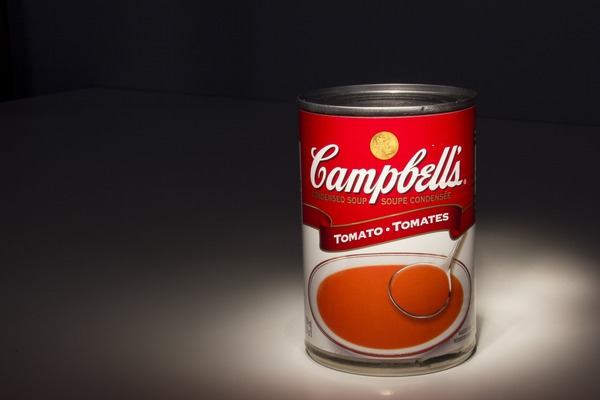
As a rule of thumb, canned soup contains a lot of sodium which can outweigh its nutritional content. What’s more, when you couple the high salt levels with the drugs you may be on in the hospital, you can be more at risk of hypernatremia.
If you want soup, ask your family or friends to take pity on you and deliver hearty, home-made, and nutritious options.
13. Rich Spices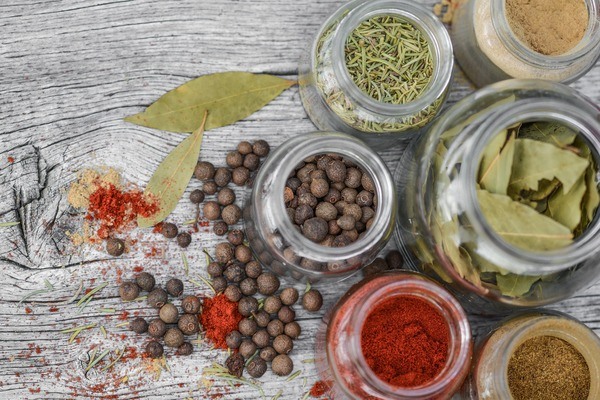
Bland hospital food can have you salivating at the thought of chicken covered in oregano, herbs, and spices, and deliciously ethnic cuisine.
Unfortunately, rich spices can irritate your stomach and cause diarrhea and discomfort. At least for the first few weeks, avoid anything too flavorful – particularly after stomach surgery.
ConclusionAltering your food intake post-surgery is not a punishment. In fact, it can mean you’re back on your feet and fully recovered far quicker than if you loaded your plate with burgers and fries.
Eat plenty of fresh fruit and vegetables, drink plenty of water, and benefit from a healthy body and wound site.

